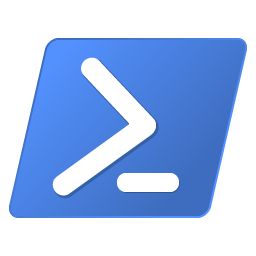


Debugging Monad Scripts, Part 2: $error

Debugging Monad Scripts, Part 1: Teminating vs. Non-Terminating, ErrorRecord

Image Conversion

Duplicate Files 2

Duplicate Files

Adding Notes

MshObject and Methods that take object

Support for Existing apps in Monad


 Light
Light Dark
Dark